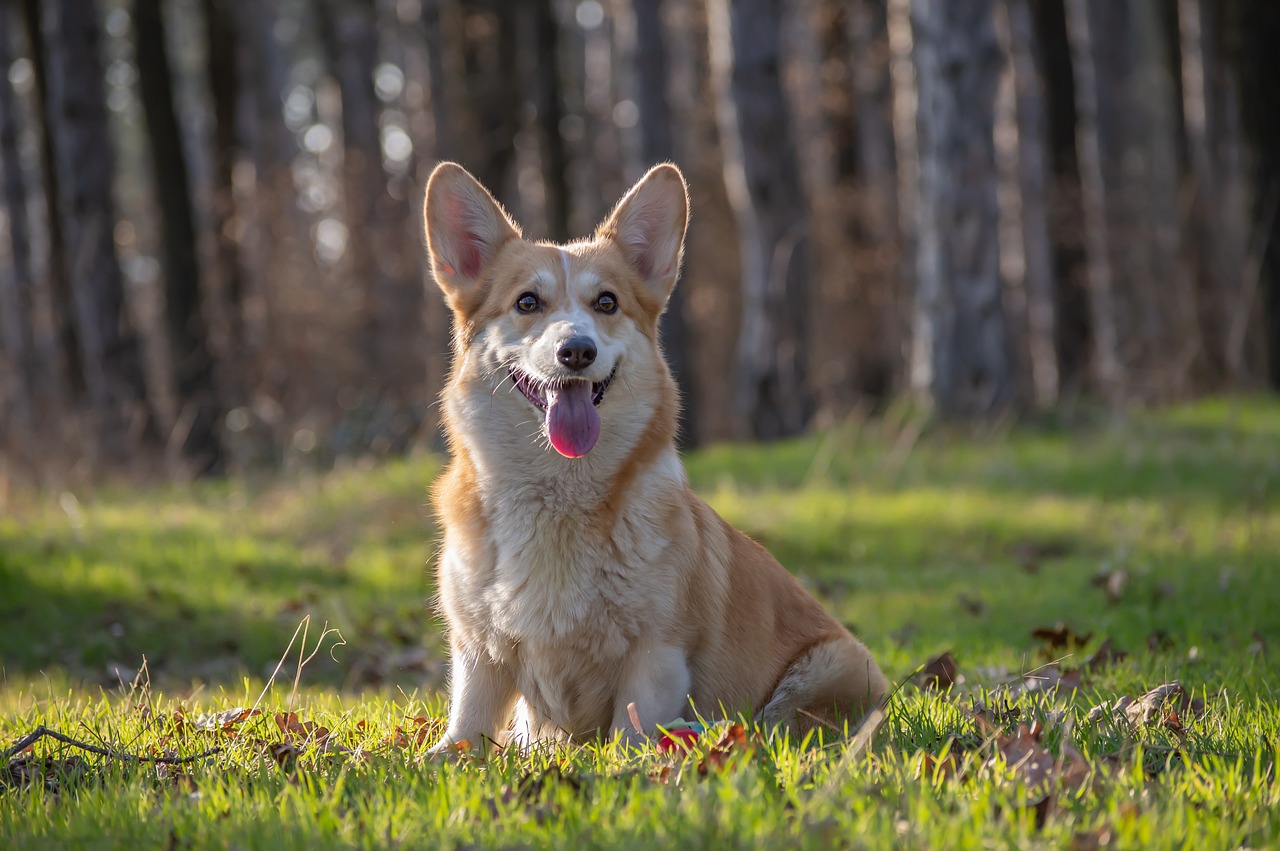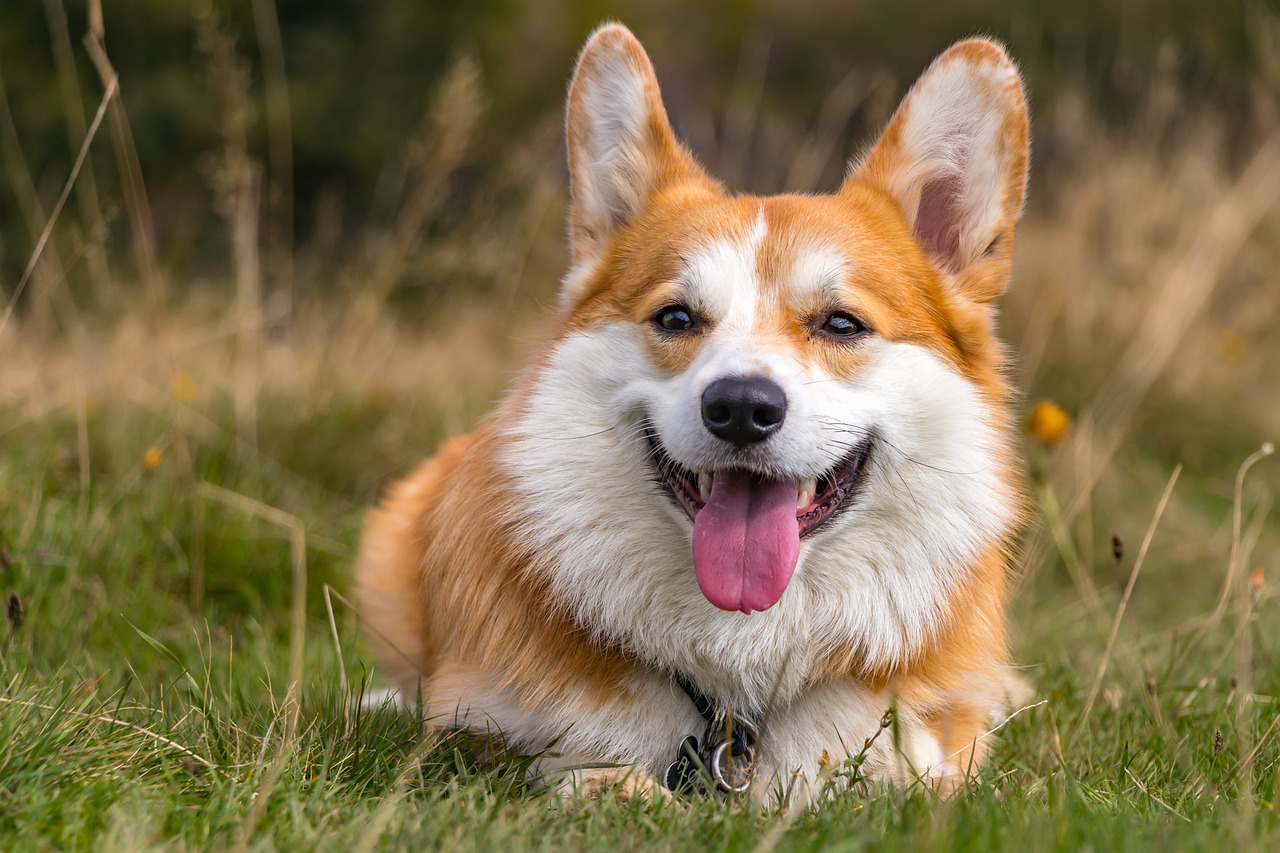Welsh Corgis, often simply known as Corgis, are one of the most recognizable dog breeds thanks to their short stature, elongated bodies, and charismatic expressions. They have gained substantial popularity due to their endearing nature and high intelligence. But as their prominence rises, many potential dog owners have been asking, “Are Corgis aggressive?” This article will shed light on the intrinsic behavior of Corgis and explore the roles that training and environment play in shaping their temperament.
Understanding the Corgi’s Origin
To comprehend the Corgi’s temperament, one must first appreciate its history. Corgis were primarily bred as herding dogs. This herding instinct requires a certain level of assertiveness and determination. Thus, when Corgis nip or chase, it often harks back to these herding instincts rather than inherent aggression.
Nature of the Corgi: Are They Naturally Aggressive?
Corgis are not inherently aggressive. In fact, they are known for their playful, friendly, and outgoing nature. They tend to form strong bonds with their families and are typically good with children. However, their herding background means they can be assertive and, if not trained properly, may try to “herd” humans, especially young children, by nipping at their heels.
The Importance of Training in Corgi Behavior
Proper training can make a world of difference in any dog’s behavior, and Corgis are no exception. Their intelligence and eagerness to please make them particularly receptive to training.
- Socialization: Socializing your Corgi from a young age is essential. Introduce them to various environments, people, and other animals to ensure they grow up to be well-adjusted adults.
- Addressing Herding Instincts: Given Corgi’s strong herding instincts, it’s crucial to channel this behavior appropriately. Training sessions, herding exercises, or agility courses can be beneficial.
- Positive Reinforcement: Corgis responds well to reward-based training. Praising them for good behavior and offering treats or toys can make the training process smooth and effective.
Environmental Influences on Corgi Behavior
The environment in which a Corgi is raised and lives plays a significant role in their behavior.
- Stable Home Environment: Corgis thrive in loving, consistent environments. A household marked by unpredictability or tension can induce stress in a Corgi, potentially leading to aggressive or reactive behavior.
- Physical and Mental Stimulation: Corgis are energetic and intelligent. Lack of exercise and mental challenges can result in boredom, leading to destructive or assertive behavior.
- Interactions with Other Animals: While Corgis typically get along with other household pets, their herding instincts can sometimes kick in. It’s vital to monitor their interactions, especially with smaller animals.
Corgis and Their Relationship with Children
Given their herding background, interactions between Corgis and children deserve special attention.
- Herding vs. Aggression: Corgis might try to herd children by nipping at their heels. This isn’t aggression but rather an instinctual behavior. Nevertheless, it should be addressed through training.
- Teaching Children: It’s essential to educate children on how to behave around Corgis, avoiding rough play or teasing, which could result in defensive reactions from the dog.
- Supervised Play: Always supervise interactions between Corgis and young children to ensure safety for both parties.
Signs of True Aggression in Corgis
Recognizing genuine aggression is vital. Unprovoked growling, snapping, or biting, especially outside of a herding context, could be signs of aggression. Factors such as health issues, pain, or territorial instincts can sometimes lead to such behaviors. If Corgi displays consistent aggressive behavior, consulting with a veterinarian or a professional dog behaviorist is recommended.
In Conclusion: The Multifaceted Behavior of Corgis
Corgis, with their spirited personalities and intelligence, are a joy to many families. While not inherently aggressive, their herding instincts can sometimes be misconstrued as aggressive behavior. Through proper training, a stable environment, and an understanding of their inherent nature, Corgi owners can ensure that their furry friends are well-adjusted and affectionate companions.
Frequently Asked Questions About Corgis & Aggression

1. Are Corgis naturally aggressive breeds?
No, Corgis are not naturally aggressive. They were bred for herding, which means they might display behaviors like nipping at heels, but this is more related to their herding instincts than genuine aggression. Proper training can help channel this behavior appropriately.
2. Why does my Corgi nip at the heels of moving objects or people?
This behavior is rooted in the Corgi’s herding instincts. In a herding context, Corgis would nip at the heels of livestock to move them in a particular direction. With proper training and redirection, this behavior can be managed in a home setting.
3. How can training influence the behavior of my Corgi?
Training plays a pivotal role in shaping Corgi’s behavior. Positive reinforcement techniques can encourage desirable behaviors and diminish unwanted ones. Especially with Corgis, training can help channel their herding instincts and curb any assertive behaviors.
4. How does the environment impact a Corgi’s temperament?
A Corgi’s environment can significantly influence its behavior. A consistent, loving environment helps foster a calm demeanor, while unpredictable or stressful surroundings might lead to anxious or aggressive behavior in the dog.
5. Are Corgis good with other animals?
Generally, Corgis are sociable and can get along with other animals. However, their herding instincts might prompt them to chase or “herd” other pets. It’s essential to introduce them gradually and supervise their interactions, especially with smaller animals.
6. How should I introduce my Corgi to children?
While Corgis can be great with children, it’s essential to supervise initial interactions. Educate children on not running around Corgis, as the dog’s herding instincts might kick in. Teaching children to be gentle and avoid rough play is also crucial.
7. What steps can I take if my Corgi displays aggressive tendencies?
If a Corgi shows genuine aggressive behaviors, it’s vital first to rule out health issues or pain as potential causes. Next, consult with a professional dog trainer or behaviorist. They can offer guidance on managing and redirecting such behaviors.
8. Why should I consider adopting a Corgi from a rescue or shelter?
Adopting a Corgi from a rescue or shelter can be incredibly rewarding. Not only are you giving a dog a second chance at a loving home, but many rescued Corgis come with prior training. Additionally, shelters often provide valuable post-adoption support, ensuring a smoother transition for both the dog and owner.
9. Can Corgis become territorial or protective?
While Corgis are generally friendly and outgoing, like any breed, they can display territorial behaviors, especially if they feel their home or family is threatened. Proper socialization and training can help mitigate such tendencies.
10. How important is early socialization for Corgis?
Early socialization is crucial for Corgis. Exposing them to various environments, people, and animals while they’re young can help them grow into well-rounded, confident adults, reducing the chances of aggressive or fearful behaviors later in life.

Immigration Lawyers?[…]the time to read or visit the content or sites we have linked to below the[…]?